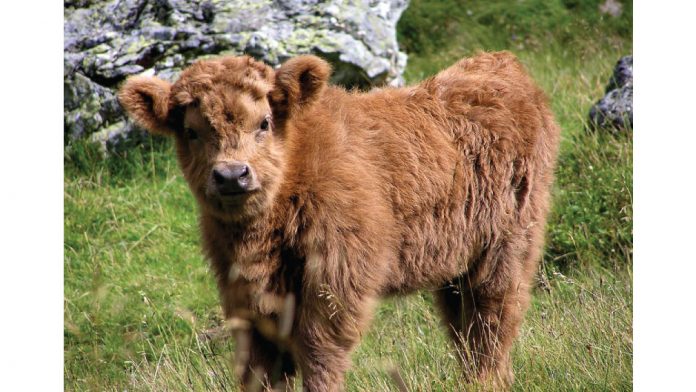Every year the Calgary Stampede brings to town cowboy hats, funnel cakes and a fierce debate about animal welfare issues. Though the event did see some casualties, this year the organizers took additional measures to ensure increased safety and humane handling for the animals. Also, they hired an independent animal welfare consultant to help them improve their practices and, for the first time in history, made the results of the Stampede’s animal welfare audit public prior to the event. But who sets the standards for these audits and how are good animal welfare practices defined?
Canada is a world leader in animal welfare research, in particular as it relates to farm animals. We are home to two major animal welfare research centres, the Animal Welfare Program at the University of British Columbia and the Campbell Centre for the Study of Animal Welfare at the University of Guelph, and five veterinary colleges committed to advancing animal science. Between these programs, Canadian researchers investigate topics ranging from housing standards to pain relief for injured or post-operative animals.
The science coming out of these labs and facilities is essential to inform the best practices that make up the basis of the national standards and guidelines for farm animal care. These standards include the National Farm Animal Care Council’s Codes of Practice for the care and handling of farm animals and the Canadian Council on Animal Care (CCAC)’s Guidelines on: the care and use of farm animals in research, teaching and testing. Each of these documents was drafted in consultation with a number of stakeholders including scientists, farmers, industry representatives, animal welfare advocates and the public, and they are continually revised as the science upon which they are based evolves. It is these guidance documents that form the foundation for animal welfare audits both in Canada and abroad. The CCAC has also developed training modules for the ethical care and use of farm animals as a tool to ensure that those working with or studying farm animals have consistent training.
Are you curious to see just what research into farm animal welfare entails? Just this past May, the University of Guelph, in partnership with the Agricultural Research Institute of Ontario and the Ontario dairy industry, expanded its facilities to include the Livestock Research and Innovation Centre – Dairy Facility. This state-of-the-art facility will allow researchers to study a large number of dairy cows in order to further improve industry practices. For a tour and to learn more about best practices for dairy cows, check out their blog.








































